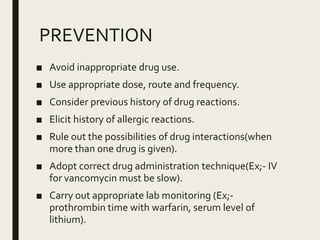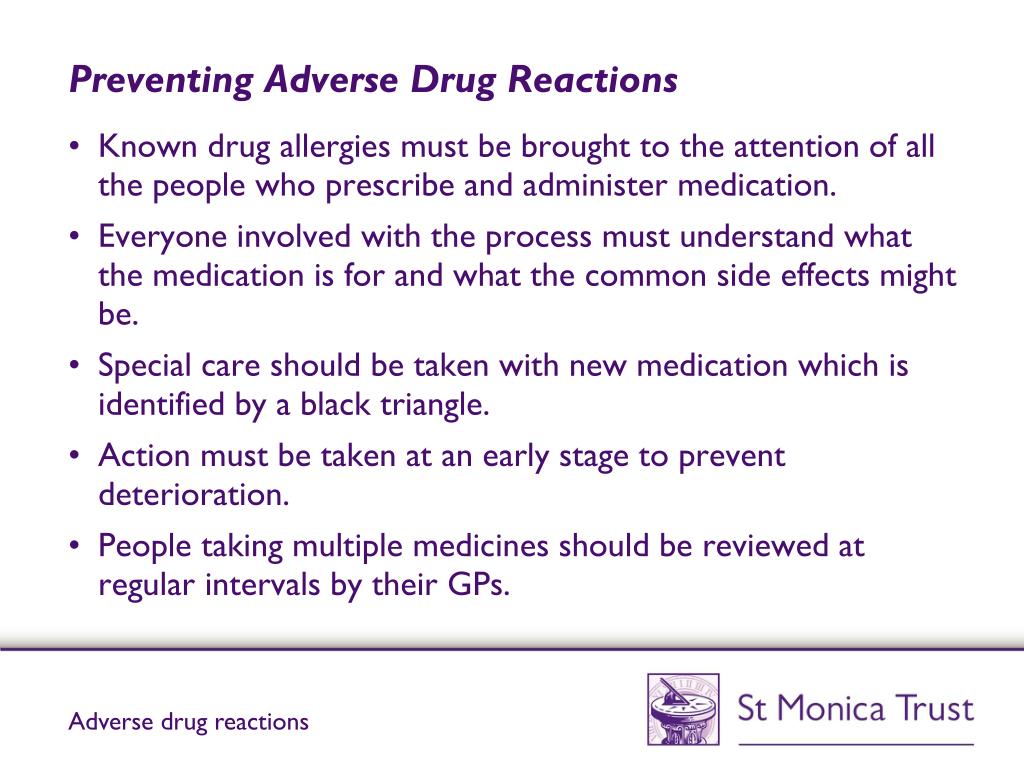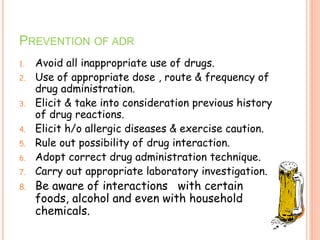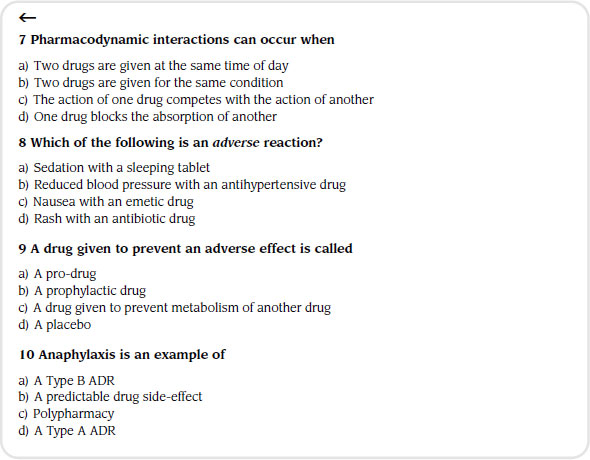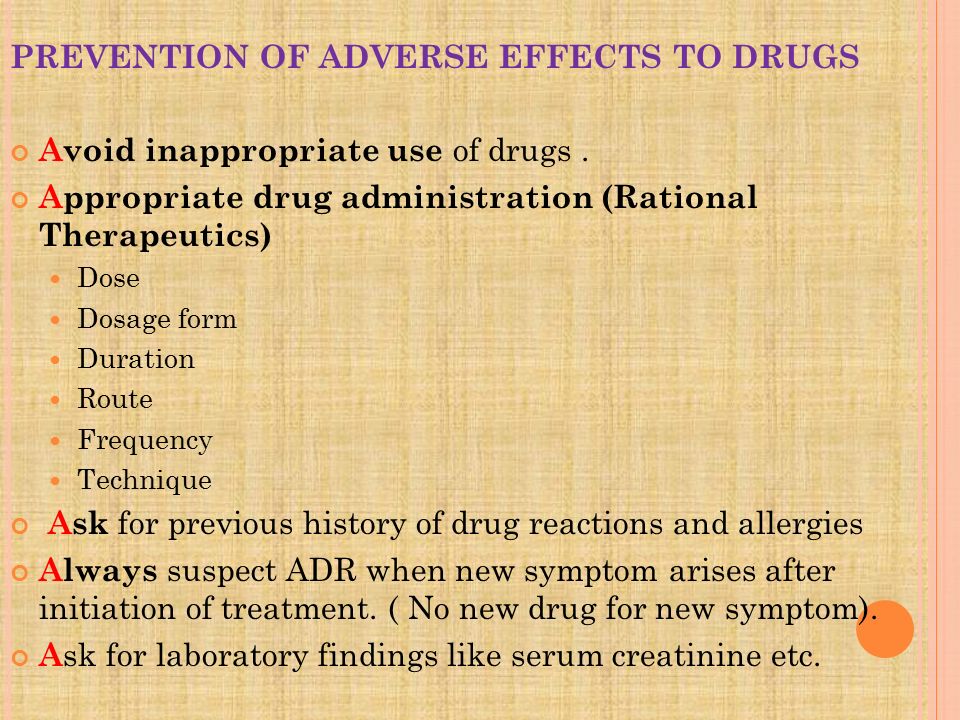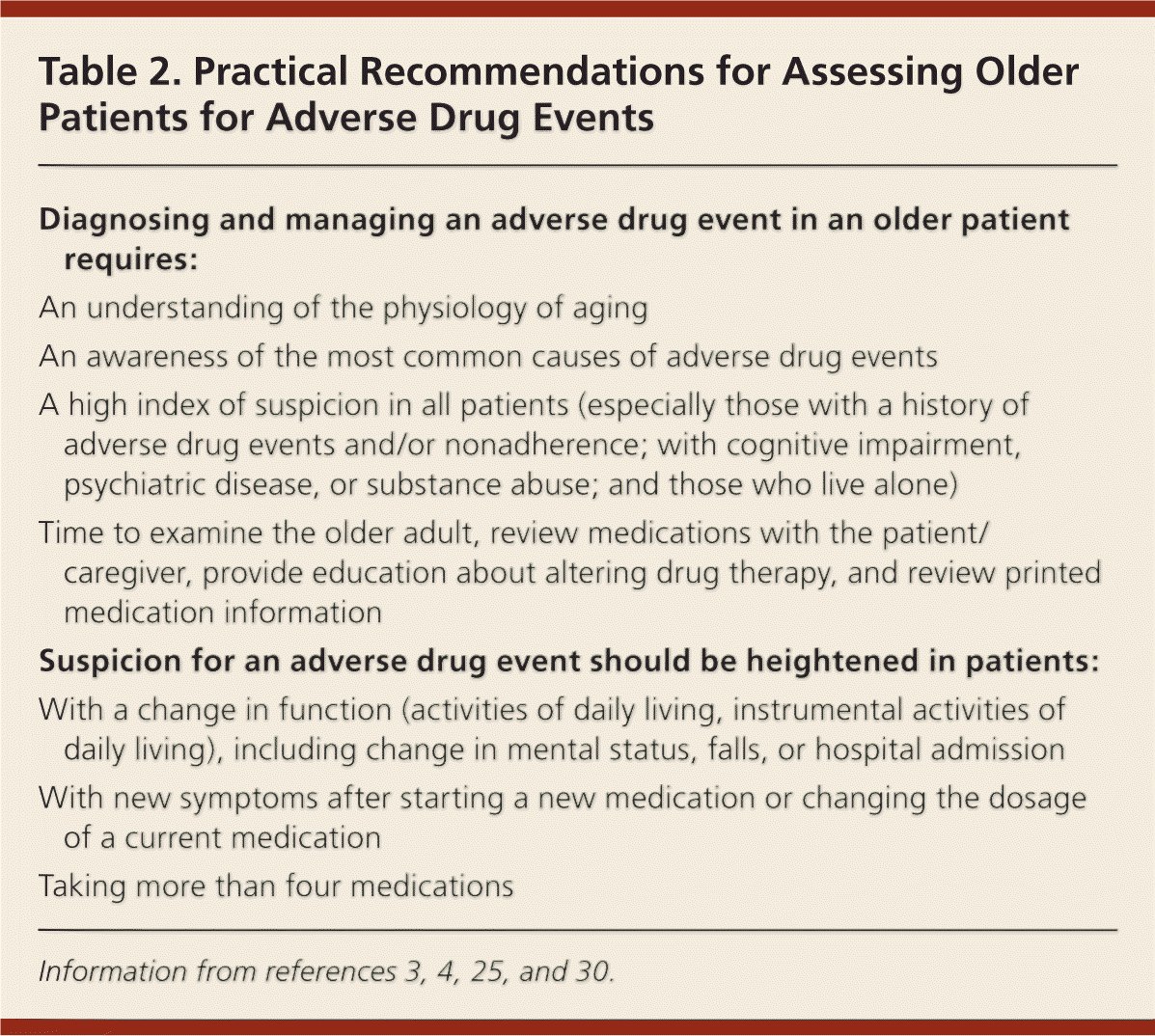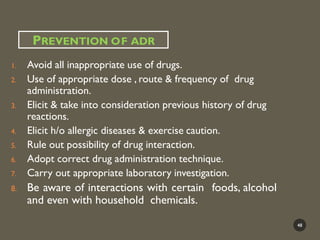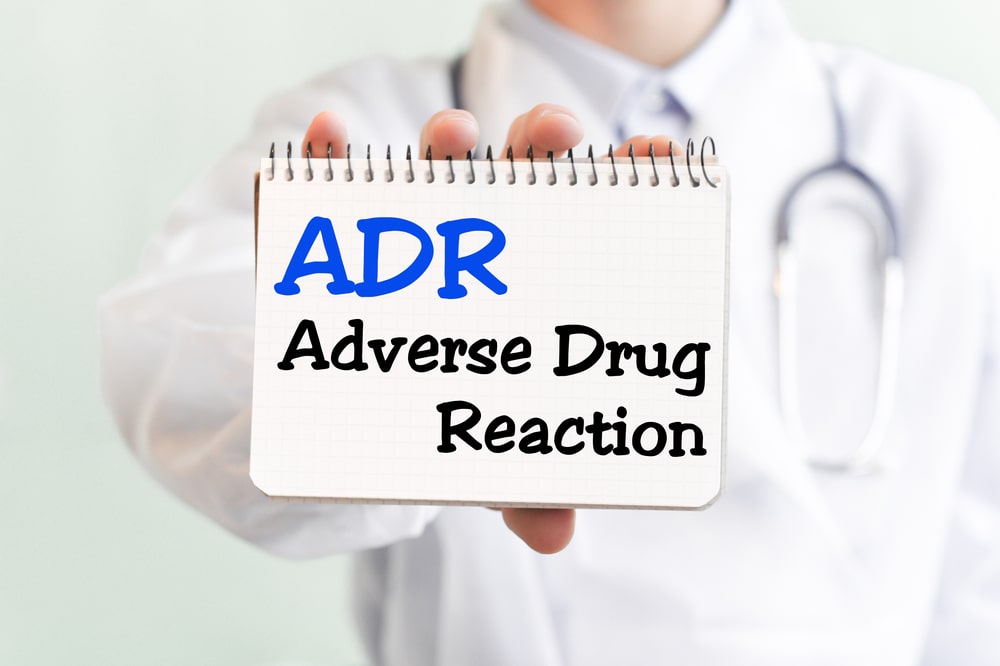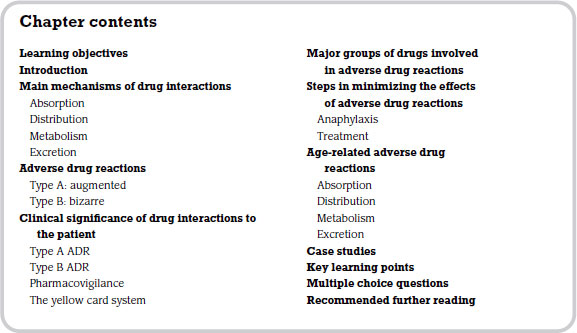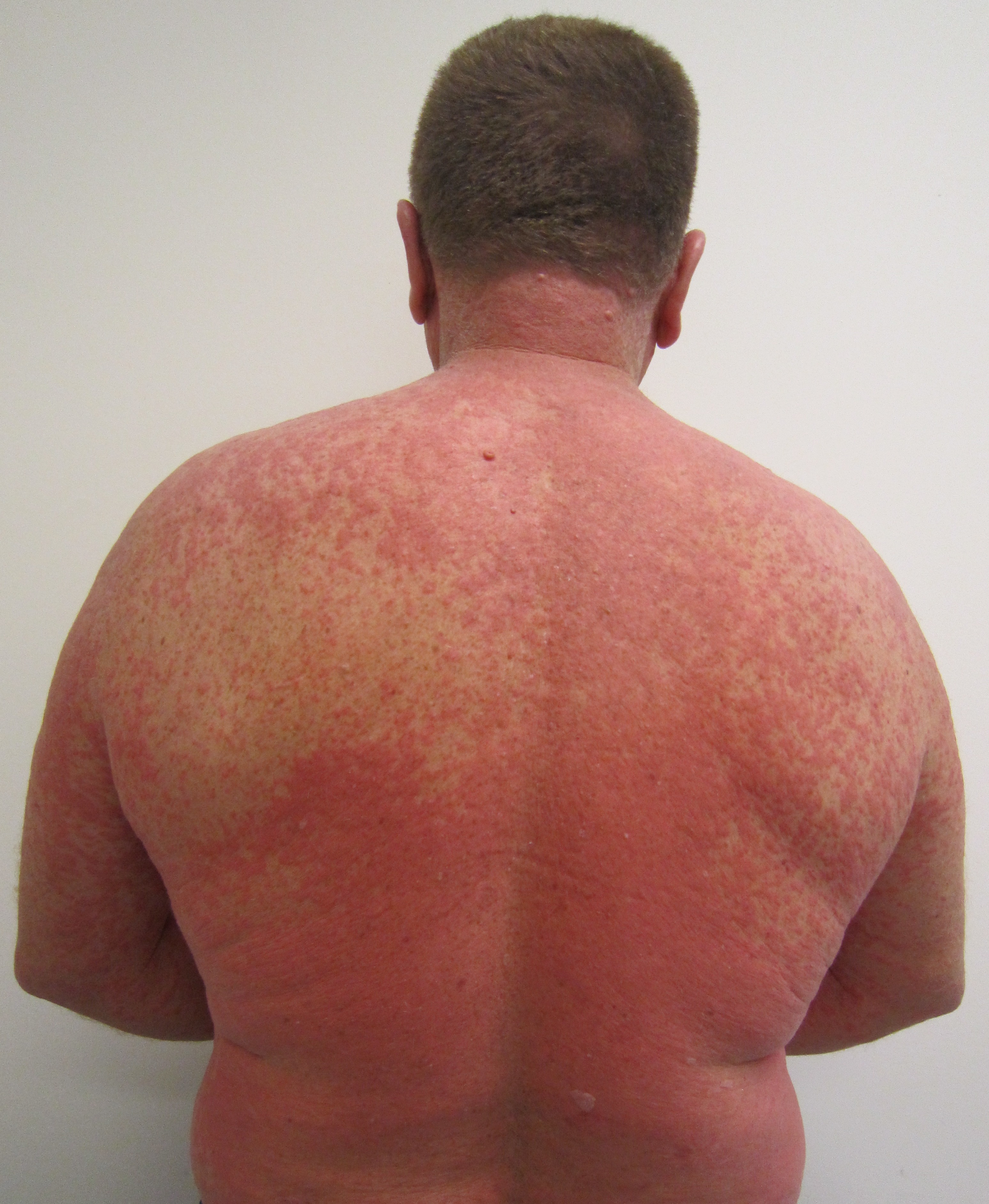Neat Info About How To Prevent Adverse Drug Reactions
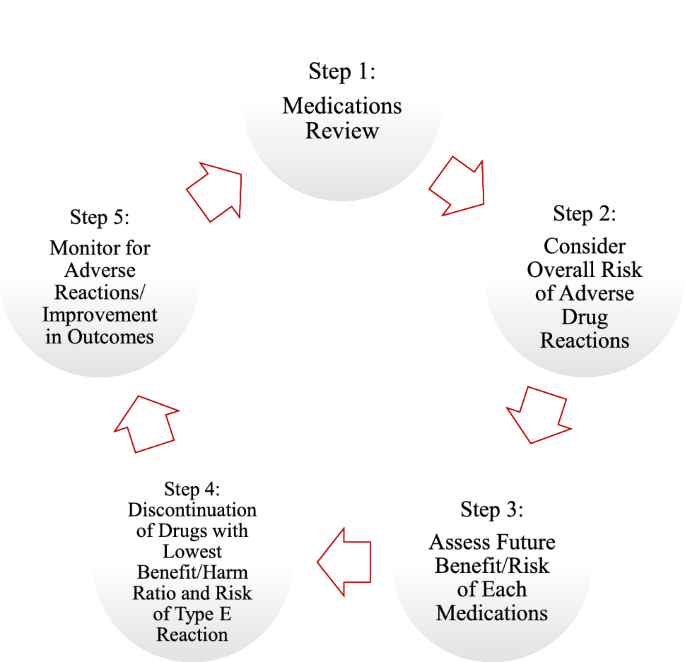
Preventing adrs depends on avoiding treatment in cohorts of patients who are at increased susceptibility or providing treatment under a therapeutic plan that reduces the risk of an.
How to prevent adverse drug reactions. Preventing and managing adverse reactions updates major changes to the best practice. Should we document adverse drug reactions? Preventing and managing adverse reactions 72 5.
The prevention of adverse drug reactions should be a collective responsibility of the pharmaceutical industry (the drug manufacturer), the doctor (the prescriber of drugs) and the. Ways to minimize adverse drug reactions. How to prevent adverse drug reactions preventing adverse drug reactions starts with seeing the doctor when you are sick the right diagnosis must be made by the doctor and.
Yes, the purpose of documenting is to. However, localized side effects might occur, including: Prevent adverse drug events by implementing medication reconciliation.
Documenting and reporting adverse drug reactions: Enter the email address you signed up with and we'll email you a reset link. The role of the pharmacist is to prevent adrs by daily visits to the nursing units to discuss possible and reported adr also by patient interviews and study all medications.
Individualized doses and common sense are key author j. Adverse drug events (ades) comprise the largest single category of adverse events experienced by hospitalized patients, accounting for about 19 percent of all injuries [ 1 ]. Stop exercising right away if you start to develop any signs or symptoms of anaphylaxis.
An estimated 9% of hospital admissions in older adults are the result of. Adverse drug reactions are a problem hospitalists encounter often.




